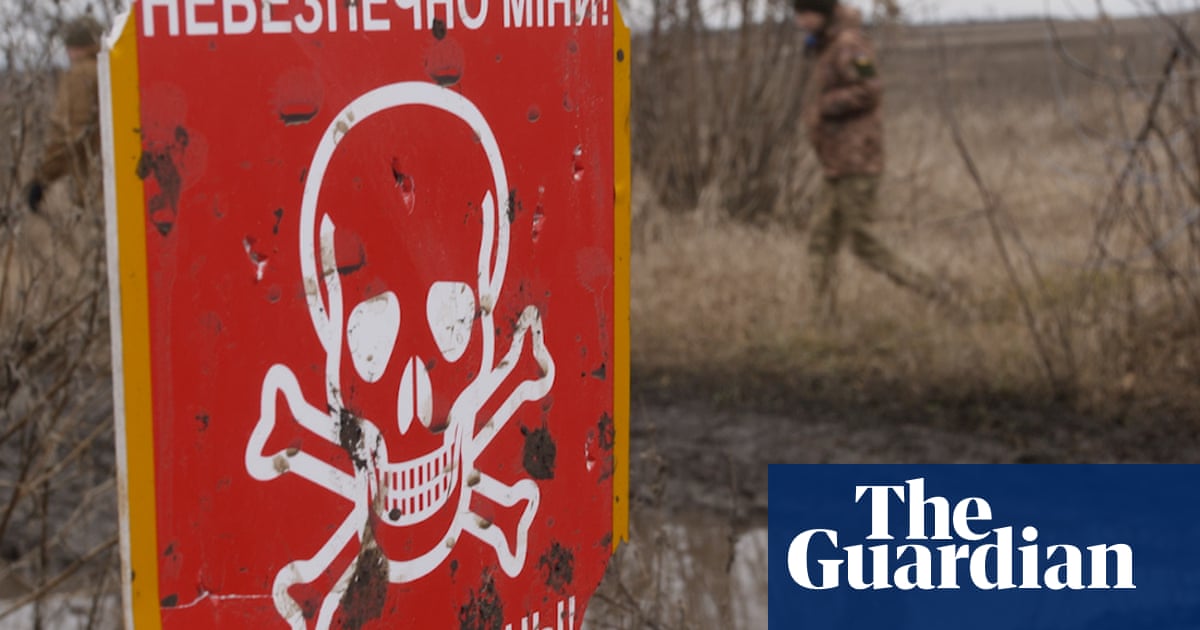An Australian man has been killed while working for a humanitarian organisation inUkraine.
The prime minister,Anthony Albanese, on Monday confirmed the 28-year-old former soldier had died.
Albanese expressed his “deepest condolences and sympathies” to the man’s family and friends.
He said the Department of Foreign Affairs and Trade (Dfat) was assisting the man’s family and had advised that he not be named “at this point in time”.
“Out of respect for the family’s privacy and consistent with our obligations, there is a limit to what we can say publicly at this time,” Albanese said. “I can confirm he wasn’t a participant in the conflict, he was volunteering with a humanitarian organisation.”
Albanese said Ukraine remained a “do not travel zone” and “we continue to strongly advise all Australians not to travel to Ukraine, under any circumstances”.
The ABC reported the man died last week from injuries he suffered near the city of Izyum in eastern Ukraine.
The man was reportedly working for Prevail, a humanitarian non-government organisation (NGO) that clears landmines in the war-torn country.
Last week, Prevail posted a statement on its Instagram account saying the charity’s founder and chairman and other team members had been “severely injured” in an incident near Izyum.
“We are still gathering information and working alongside military and police officials to uncover the details,” the statement said.
Shaun Pinner, a former British soldier and Prevail board member, posted a statement on X on 7 May that said two of the three people who had been injured had “sadly passed away”.
Pinner said he could confirm that Prevail’s founder and chairman, Chris Garrett, was among those who had died.
“Our thoughts and prayers are with the families affected,” he said. “We can’t and will not comment during an ongoing investigation.”
A fundraiser set up to support Garett’s family, which had raised more than USD $46,000 as of Monday, said the veteran was an explosive ordnance disposal expert who died while working to disable an explosive device.
A Dfat spokespersonsaid it was providing consular assistance to the family of an Australian who died in Ukraine.
“We send our deepest condolences to the family at this difficult time,” they said. “Owing to our privacy obligations we are unable to provide further comment.”
